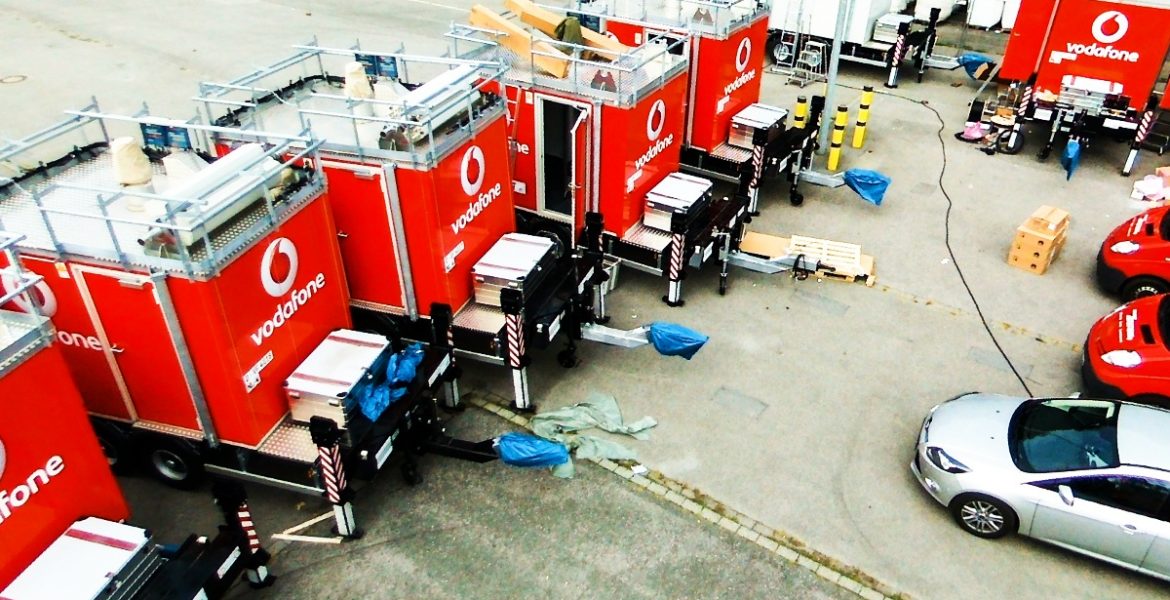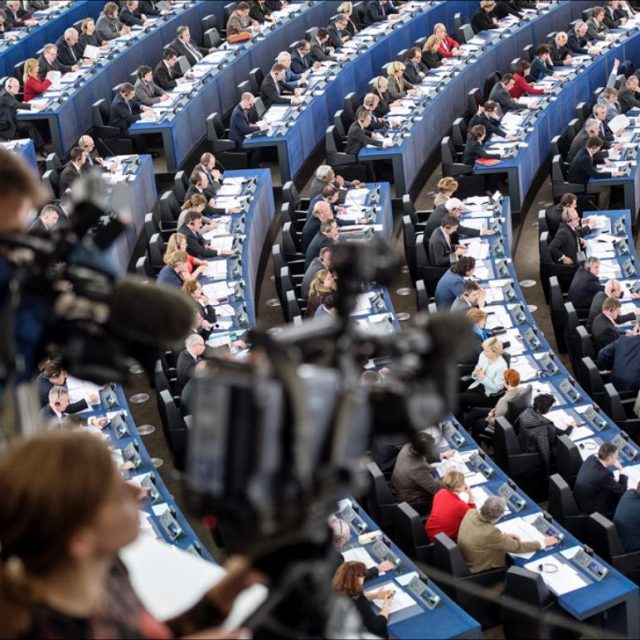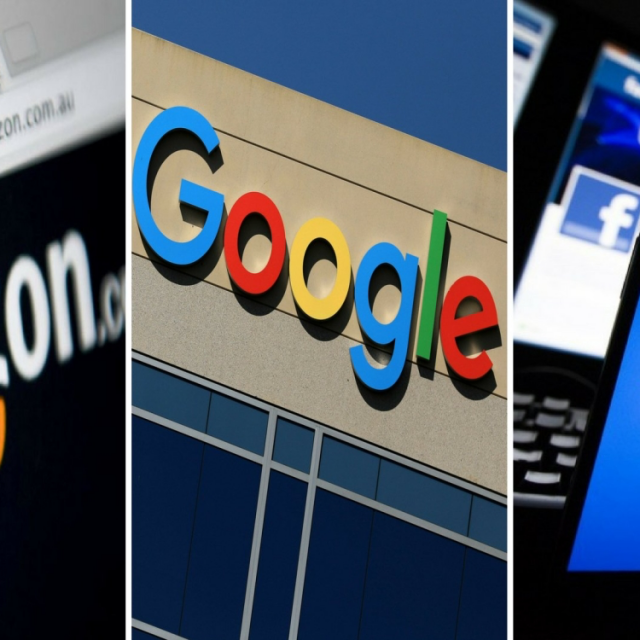Vodafone Institute has released a new report in partnership with the Borderstep Institute and the Alliance for the Strengthening of Digital Infrastructures in Germany.
Key highlights include:
CO2 emissions from data centres have been declining in Europe for 5 years, despite a massive increase in processing power;
Politics must invest in research and funding in areas such as cloud computing, cooling systems, and energy-efficient programm, in order to meet the goals of the EU Green Deal;
Best Practices: Data centres in Portugal, Spain, Sweden and Germany demonstrate future potential for sustainable digitalisation and
Accelerating the energy transition can significantly increase CO2 savings in Germany.
Comment came from Inger Paus, Managing Director of the Vodafone Institute, who said: “The study clearly shows that digital infrastructures such as energy-efficient data centres are a key element in the green transformation of our economy.
“If we want to achieve sustainable digitalisation in Europe, we must now invest sufficiently both in research into innovative technological approaches and in the promotion and development of energy-efficient digital infrastructures. Only in this way can we achieve the EU goal of reducing CO2 emissions from data centres by 100 percent by 2030.”
Separately, Vodafone, which is the largest mobile and fixed network operator in Europe, says it has committed to reducing the company’s total global carbon emissions to ‘net zero’ by 2040.
It confirmed that its 2030 carbon reduction targets have been approved by the Science Based Targets initiative as in line with reductions required to keep warming to 1.5°C, the most ambitious goal of the Paris Agreement.
The Science Based Targets initiative (SBTi) is a collaboration between CDP, the United Nations Global Compact, World Resources Institute (WRI) and the World Wide Fund for Nature (WWF). It defines and promotes best practice in science-based target setting and independently assesses companies’ targets in line with the latest climate science.
The announcement follows the European Commission’s ambitions to make the EU the world’s first climate neutral continent by 2050 and to increase its 2030 target for emissions reduction from 40% to at least 55%.
Vodafone Group CEO Nick Read said: “We are committed to reduce our carbon footprint through improved energy efficiency, renewable energy supply, reducing our network waste and new environmental criteria when we select suppliers.
“Vodafone will also enable our customers to reduce their environmental footprint through use of our services, including the Internet of Things.”




